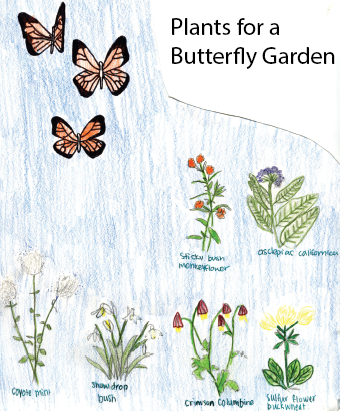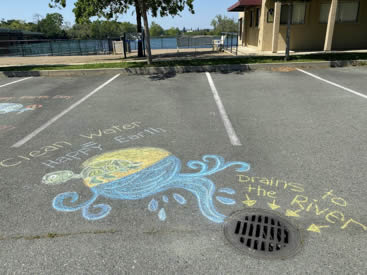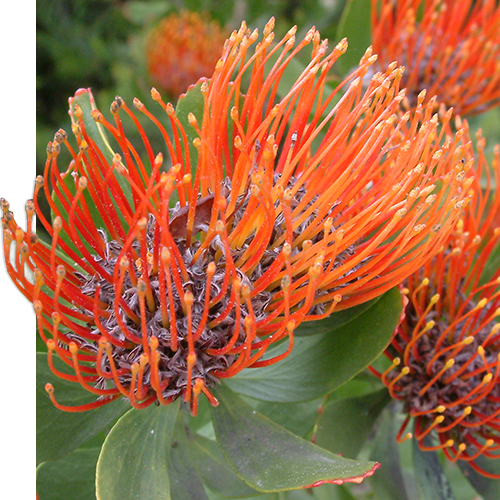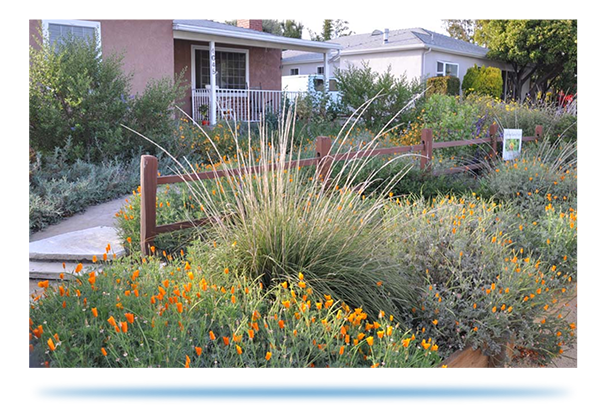


Explore the plants and animals that rely on the Mokelumne River, from its origins in the Sierra to its journey into the Delta.
Learn More >Every year, Lodi students studying the Mokelumne River Watershed have the opportunity to share what they’ve learned with the community in the Mokelumne Current. The annual newspaper features articles, interviews, photos, artwork, creative writing, poetry, games and more, all created by local students.
Learn More >

California creeks, rivers, and oceans are being contaminated with pesticides and other chemicals commonly used around our homes and gardens. These garden chemicals are not only a threat to aquatic life, but they can also affect the quality of our drinking water.
Learn More >Lodi's Lawn and Gardening Watering Guide
Clean Green Yard Machines – Lawn mower replacement program
For complete program guidelines, the list of eligible mower manufacturers and authorized dismantlers, please visit www.valleyair.org/lawnmowers or call the District’s grants program at 559-230-5800.
San Joaquin Master Gardener's drought/water conservation resources.
an environmentally friendly way of gardening. River-Friendly Landscaping practices are designed to conserve water, reduce yard waste, and prevent pollution of our air and local rivers.
Stop over-watering your yard, learn exactly what you need to set your water controller. Ensure you are using the best amount of water for the specific weather or time of year.
Reset your controller >
Learn exactly what you need to schedule your irrigation controller to apply the right amount of water for your specific landscaping and climate.
Water Calculator >

Check the soil's moisture level before watering.
You can reduce your water use 20-50% by regularly checking the soil before watering.